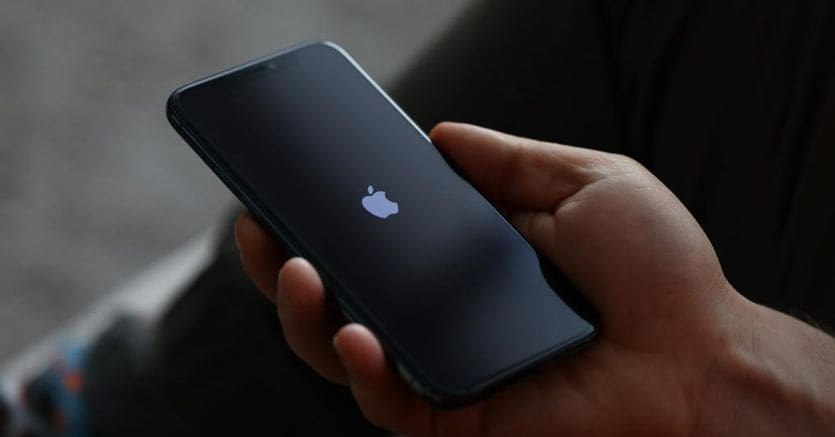Listen to the audio version of the article
iPhone, how the new European rules can change users’ lives
Apple opens the iPhone in Europe but who knows if we users will enjoy it; if we will save on the purchase of apps or subscriptions. This is now the unknown, because Apple – as expected – will still apply a commission, albeit approximately halved, to those who sell the apps: even if, thanks to the new European rules, the download will take place outside the app store.
The user experience, yes, will certainly be changed with the new rules, the European DMA (Digital Markets Act) regulation, from March 2024, which Apple has just declared it intends to respect.
On Facebook, Instagram we will see an advertisement for a game, an artificial intelligence app and with a click from the social app we will pay for it and install it on the iPhone. Or by browsing the Spotify website we will pay the subscription for the service on the Apple smartphone. Without necessarily going through the official app store anymore. Convenient, probably. Savings for producers and, above all, consumers is a different matter.
In fact, the point is now at the center of one of the fiercest economic battles in the digital market.
The clash over commission and iPhone security
Let us remember that the DMA rules are imposing new levels of openness of their ecosystems to competition on big tech companies. Some legal cases are also entering into the merits of these aspects in the United States. In Apple’s case it means above all allowing downloads from third-party stores and payment with alternative systems to its own. To get an idea of what’s at stake: Apple declared that from 2008 to 2022 it spent 320 billion dollars of revenue to developers (after withholding their own commission). According to the investment firm Oppenheimer, Apple’s operating margin on the App Store is between 70% and 80%, net of app management and supervision costs to ensure security. Super profits, in short. And Apple does not intends to give it up, not even when it allows downloads outside the app store or even in Europe.
The crux of developer commissions
Apple has declared that it wishes to maintain a reduced commission in this case too, of 10 or 17 percent depending on the case, plus 0.5 cents for each installation of the app over one million (via the app store, however, Apple applies a commission of 30, or for smaller companies, 15 percent). Apple has always defended its policy of strict control over apps, with the related commissions, saying that this is what is needed to keep the iPhone safe and relatively free from viruses. And it intends to maintain a security control also on apps that can be downloaded outside the store, thus justifying the persistence of a commission. In short, developers should always pass through Apple’s scrutiny so that their apps are accepted by the iOS system; regardless of the download and payment channel. Incidentally, Apple has declared that this control is however inferior to what it is now able to do on the apps in its store, thus giving a blow to the DMA rules. In short: not only perhaps, due to the reduced commission, perhaps we will save little or nothing outside the Apple store; but perhaps we will also suffer an increased malware risk. Or at least let Apple think so.
